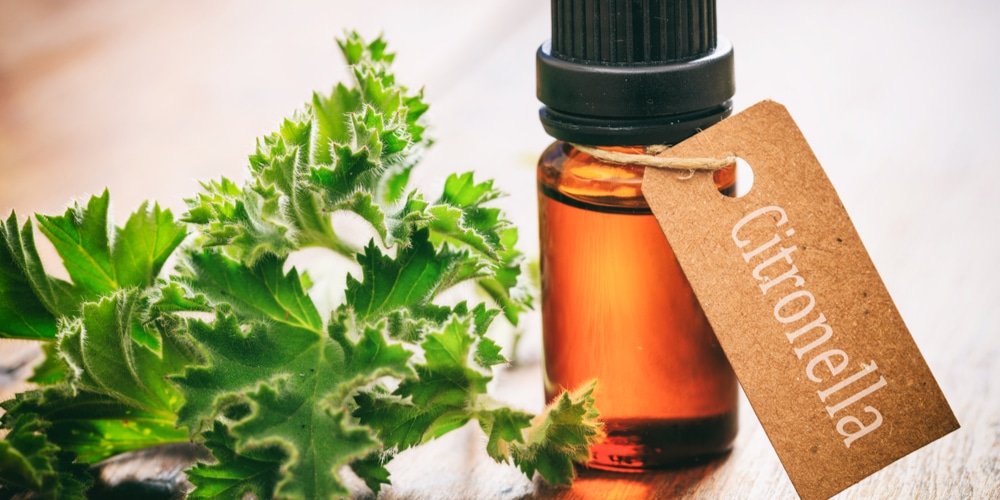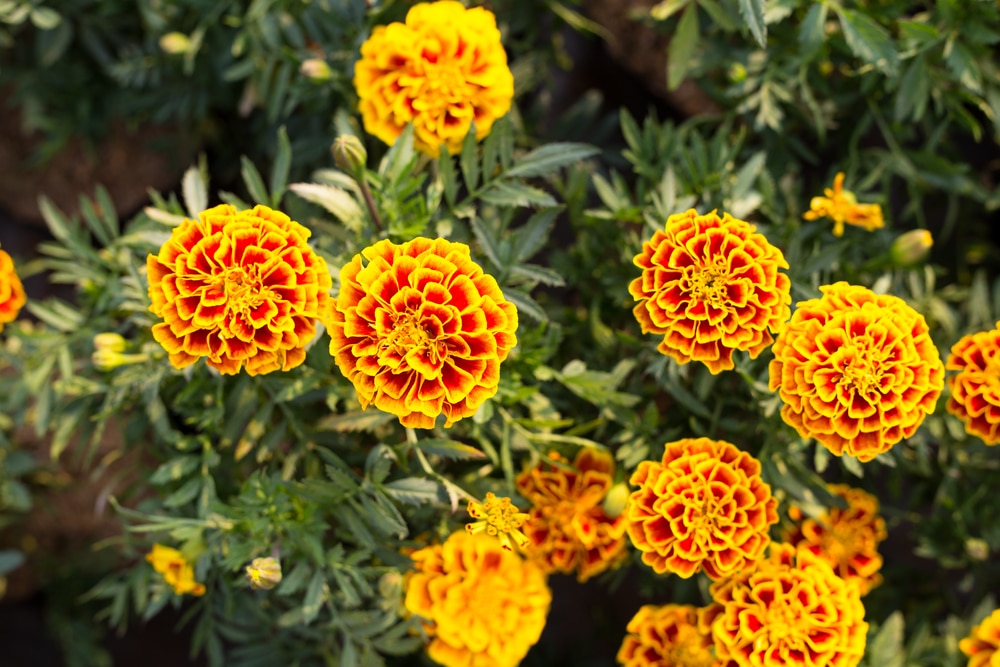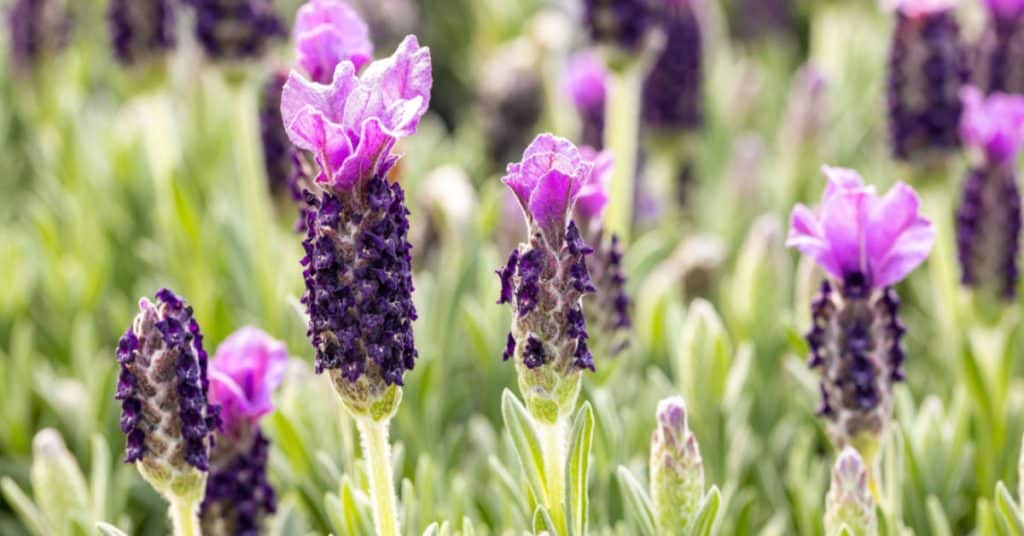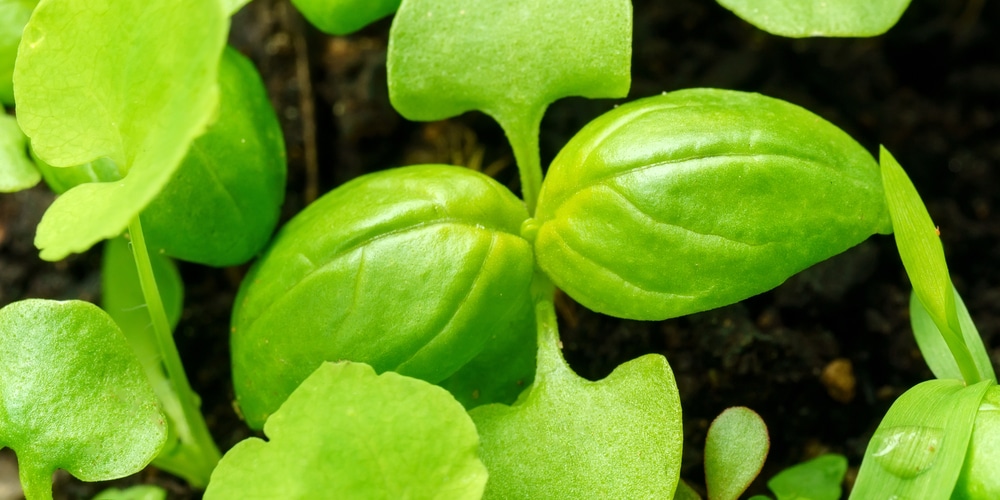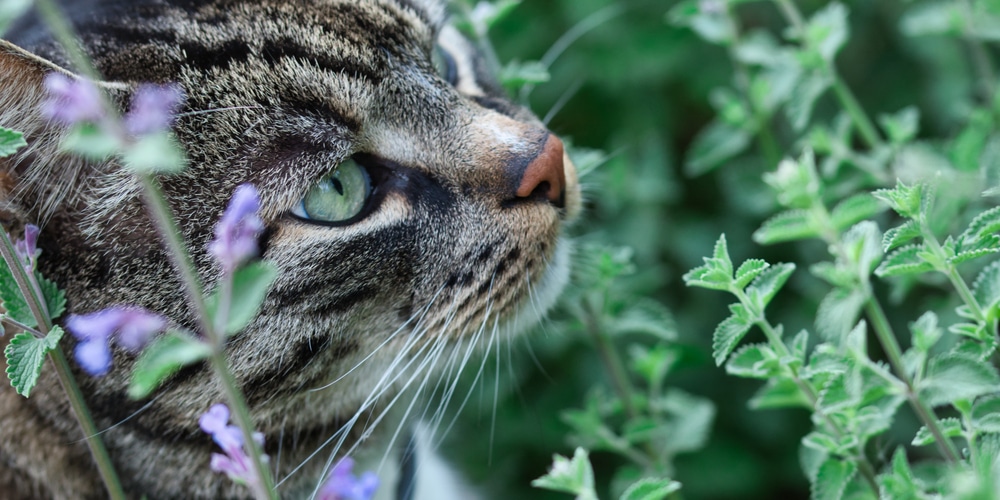Texas comes to life in summer, with all the students out of school and everyone ready for activity. But the awakening is not limited to people, unfortunately; This is when mosquitoes come out in droves. And when you sit on your porch to watch the sunset, the last thing you want to do is have to cover yourself in bug spray. So, to save yourself that hassle and the hassle of mosquito bites and potential diseases, plant these natural mosquito repellants.
Citronella (Cymbopogon citratus)
Citronella, or Cymbopogon citratus, is an extremely effective mosquito repellent that can survive without a problem in Texas. It emits a lemon scent and produces an oil that keeps these pests away by masking other smells.
Citronella can repel up to 80% of mosquitoes, assuring that your home or garden remains free of buzzing, biting bugs. You may see it under a different name in stores, however, as Lemongrass.
Be aware that Citronella survives in USDA plant hardiness zones 9 to 11, meaning that it only survives year-round in warmer areas due to its origin in Tropical Asia.
Marigold (Tagetes)
Not only will Marigolds make your garden a weapon against mosquitoes and the diseases and inconvenience they can bring, but they will also make a vibrant addition to your garden with their gold bulbs.
The Marigold, or Tagetes, does not just repel mosquitoes either. Marigolds can repel Nematodes, Cabbage Worms and attract Ladybugs, who eat aphids, and when paired with other plants, they can repel mosquitoes at a rate of almost 100 percent.
So, if you want to keep your garden and home safe from numerous destructive insects while adding beauty to your property, Marigolds are the way to go. They are quite resilient and survive in plant hardiness zones 2 to 11. They tend to grow best in the hottest months, so they’ll be blooming right as many of the summer pests are at their height.
Lavender (Lavandula)
Lavender, also known by its scientific name, Lavandula, emits another oil and scent that mosquitoes detest, but humans love. Lavender’s smell will delight you and your family and make your garden mosquito-free. In addition, Lavandula loves the sun and so can thrive in Texas.
It is especially suited to Texas’s warmer climes because its hardiness makes it a drought-resistant plant. Lavender thrives in hardiness zone 5a to 9a, so as long as the area you live in is warm enough to keep it alive, you can rely on Lavender to assist you in repelling mosquitoes.
Basil (Ocimum basilicum)
It is hard to find a person who does not like the smell of fresh basil, but it is easy to find a mosquito who does not like it. Basil, or as it is known scientifically, Ocimum basilicum, has proven to be such an effective repellent against mosquitoes that many African countries are starting to use concentrated Basil oil to protect people from them and diseases such as Malaria and Dengue Fever.
Basil does not do well in cold temperatures, which makes it growable in zones 4 to 10, but it does very well in environments with full sun exposure.
Catnip (Nepeta cataria)
Catnip, also known as Nepeta cataria, is known for attracting cats, but it will do the polar opposite to many insects, including mosquitoes. The nepetalactone this plant contains can be up to 99% effective at repelling flies and mosquitoes alike. Paired with other mosquito repelling plants, you can assure maximum effectiveness in keeping your garden yours.
There are two caveats to be aware of with Catnip, however. Catnip is known to be invasive and can take over your entire garden or yard.
While it will retain its effectiveness at repelling insects, it still may outcompete other plants if you plant it in your garden. Catnip is also sensitive to the cold, and while it is an aggressive grower, it is also sensitive to hotter temperatures, as it will only survive in zones 3 to 7.
Conclusion
While there are other plants and herbs that many claim repel mosquitoes, these five are scientifically proven powerhouses against them. These plants do not only repel mosquitoes – they can add beauty to a property or garden and a sensory delight with the scents they exude.
